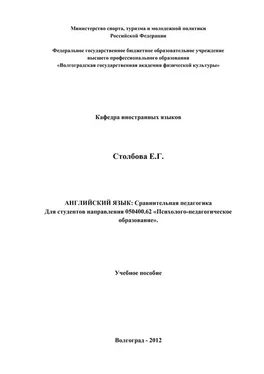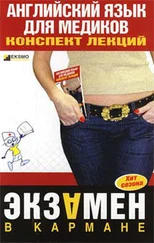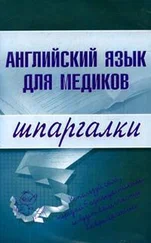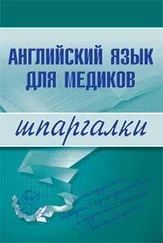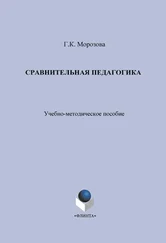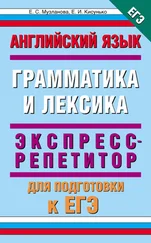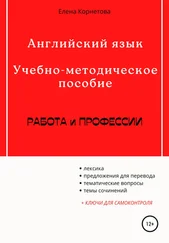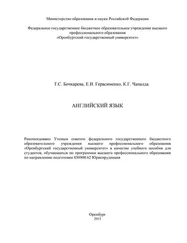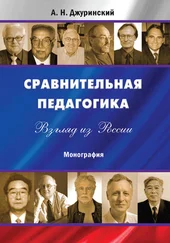4. What was his occupation?
5. What were his ideas in formulating the general theory of education?
LESSON 3
THE PURPOSE OF EDUCATION
TEXT A
1 . Read and translate the text.
There is a feeling that the schools are not succeeding – that standards are too low, that schools are not preparing young people with the skills, knowledge and personal qualities which are necessary for the world of work and schools have failed to instill the right social values. These are the criticisms and therefore there have been changes to meet these criticisms.
However, the criticisms take different forms. First, there are those who believe that standards have fallen, especially in the areas of literacy and numeracy – and indeed unfavourable comparisons are made with the other countries as a result of international surveys. For example, the recent Third International Mathematics and Science Survey (TIMSS) placed in England and Wales very low in mathematical achievement at 13 – although very high in science. Therefore, these critics emphasize «back to basis» and the need for more traditional teaching methods.
Second, there are those who argue for a rather traditional curriculum which is divided into «subjects» and which calls upon those cultural standards which previous generations have known – the study of literary classics (Shakespeare, Keats, Wordsworth), rather than popular multi-cultural history, classical music rather than popular music, and so on. Since there are many children who would not be interested in or capable of learning within these subjects, there is a tendency for such advocates of traditional standards to support an early selection of children into «the minority» who are capable of being so educated, separated off from «the majority» who are thought to benefit more from a more technical or practical education.
Third, there are those who question deeply the idea of a curriculum based on these traditional subjects. Many employers, for instance, think that such a curriculum by itself ill – serves the country economically. The curriculum ought to be more relevant to the world of work, providing those skills, such as computer, numeracy and literacy skills, personal qualities (such as cooperation and enterprise) and knowledge (such as economic awareness) which make people more employable.
A very important speech which expressed those concerns and which is seen as a watershed in government policy was that of Prime Minister Callaghan at Ruskin College, Oxford, in 1976.
«Preparing future generations for life» was the theme and he pointed to the need for greater relevance in education on four fronts: the acquisition by school leavers of basic skills which they lacked but which industry needed; the development of more positive attitudes to industry and to the economic needs of society; greater technological know-how so that they might live effectively in a technological society; the development of personal qualities for coping with an unpredictable future.
Vocabulary:
succeed– успевать
prepare– готовить
value– ценность
achievement– достижение
argue for– выступать за
previous– предыдущий
selection– отбор
benefit –извлекать пользу
speech– речь
acquisition– приобретение
skill– навыки
fail– терпеть неудачу
survey– исследование
emphasize– подчеркивать
curriculum– учебная программа
capable– способный
advocate– защищать
employable– трудоспособный
watershed– поворотный пункт
cope with –бороться с
2 . Give English equivalents:
Различный, счет, недавний, знания, необходимость, поддерживать, правительство, снижаться, сравнение, правильный, поколение, работодатель, указывать, критические замечания, наука, обеспечивать, политика, выражать, исследования, служить, направление, выпускник, разработка, непредсказуемый.
3 . Translate these expressions:
The areas of literacy, unfavourable, teaching methods, to meet the criticism, back to basis, the minority, relevant, economic awareness, international surveys, to be interested in, numeric skills, to concern, the study of literacy classics, the majority, to enterprise, personal qualities.
4 . Answer the questions:
1. What do critics emphasize?
2. What is a traditional curriculum?
3. What should people learn to live effectively in a technological society?
4. What are the results of international surveys?
5. What were cultural standards of previous generation?
6. What must the curriculum provide?
7. Why do some teachers support an early selection of children?
5 . Translate into English:
1. Необходимо развитие личных качеств для борьбы с непредсказуемым будущим.
2. Стандарты школы являются слишком низкими.
3. Школы не смогли привить социальные ценности.
4. Некоторые критики подчеркивают снижение грамотности.
5. Существует необходимость использования более традиционных методов обучения.
6. Учебные программы должны быть более актуальными.
7. Некоторые учащиеся не заинтересованы в обучении.
TEXT B
6 . Read and translate the text.
John Locke(29 August 1632 – 28 October 1704), was an English philosopher and physician regarded as one of the most influential of Enlightenment thinkers.
Considered one of the first of the British empiricists, following the tradition of Francis Bacon, he is equally important to social contract theory. His work had a great impact upon the development of epistemology and political philosophy.
Locke was born on 29 August 1632, in a small cottage by the church in Wrington, Somerset, about twelve miles from Bristol.
In 1693 John Locke, after writing extensively on topics such as human understanding, government, money, and toleration, published a book which seemed quite heretical at the time: “ Some Thoughts Concerning Education”. Unfortunately, for the modern reader there doesn’t seem to be any shock value left at all. Consider the three key themes which are addressed: the development of self-discipline through esteem and disgrace rather than force or reward; the significance of developing a good character; and the importance of developing reason in a child by treating the child as a rational entity.
Many of Locke’s ideas are quite humane and consistent with his strong democratic sentiments. Locke’s belief that the mind is a piece of wax or white paper which the active educator must keep as still as possible in order to accurately stamp the information she would have the pupil passively receive.
Читать дальше
Конец ознакомительного отрывка
Купить книгу
